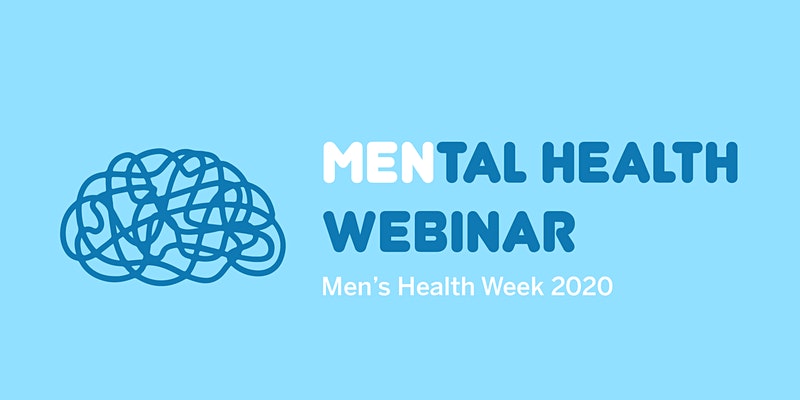
Flinders University’s Órama Institute for Mental Health and Wellbeing is collaborating with SAHMRI and the Breakthrough Mental Health Research Foundation to present a free public event for Men’s Health Week this week.
Anyone is invited to join the MENtal Health Webinar and learn from expert speakers who will share the importance of focusing on mental health and wellbeing in addition to physical health.
Speakers will draw from their own personal experiences or research to tell their compelling stories, with an opportunity for questions at the end.
Speakers:
- Dr Mike Musker (MC): Senior Research Fellow, SAHMRI Wellbeing and Resilience Centre
- Professor Murray Drummond: Research Professor in Sport, Health and Physical Activity at Flinders University and Director of Flinders’ SHAPE Research Centre
- Mr Seth Westhead: Research Associate, Wardliparingga Aboriginal Health Equity Research Unit, SAHMRI
- Mr David Kelly: South Australian Mental Health Commissioner
- Professor Paul Ward: Professor of Public Health at Flinders University
- Mr Zane Kirkwood: Dual Magarey Medallist, former captain and current player at Sturt Football Club
- Mr Nathan Bolton: ADF Veteran, Director Bolton Brothers and SAHMRI Resilience Skills Trainer
When: 12 noon to 1:15pm Wednesday 17 June 2020
The webinar follows new research conducted by the SAHMRI Wellbeing and Resilience Centre and Flinders University Órama Institute for Mental Health and Wellbeing which found the COVID-19 pandemic and associated social restrictions are having a greater impact on mental health than was first feared.
The results come from thousands of people who’ve completed the wellbeing questionnaire on the website BeWellPlan.com, which was launched in late March as a response to the anticipated mental health fall out of the pandemic. More than 15,000 have accessed the BeWellPlan site since it was launched 10 weeks ago, pointing to the worrying need for mental health resources in our community.
Professor Mike Kyrios, Órama Institute director, says the research team compared the measurements from people accessing BeWellPlan with two separate large groups who did the measurement before COVID-19 hit.
“That group comprised 2,274 people and the results show an increase in levels of depression, anxiety and stress of between 13 and 21%,” Professor Kyrios says.
“We also found three times as many people showing low wellbeing.”
“We anticipated a need but did not expect this volume,” says Mr Joep van Agteren, research lead of the Wellbeing and Resilience Centre.
In a new paper in JMIR Mental Health, researchers drew from scientific measurements that focus on symptoms of mental illness as well as ‘positive states’ such as mental wellbeing and resilience.
“It’s really important to recognise that being mentally healthy is not the same as not showing signs of mental illness,” he says.
“You can be mentally healthy but still but still be experiencing poor mental wellbeing, just like you can be physically healthy but still have a broken arm. So we need to measure and aim to improve both factors if we’re to help people flourish.”
In normal circumstances, the team’s measurement shows around 50% of people are mentally ‘healthy’, with good wellbeing and resilience and no signs of distress. The latest measurement,
taken amid the COIVD-19 response, shows that figure to be just 21%.
This means that four out of five, or 80%, of people who engaged in the services during COVID-19 either had current problems or were at serious risk of developing problems in the future.
“The BeWellPlan can play an immediate part in that and so can the many other services focussed on building health and wellbeing plus those addressing important issues such as housing and education,” Mr van Agteren says.
“We need to re-focus our attention if we want to provide people with change that lasts. We need to focus on building health and wellbeing within our community, not just focus on illness.
“Much of the community already realises this. Let’s hope other stakeholders can follow the community’s lead and push for action too.”
The paper, ‘Using Internet-Based Psychological Measurement to Capture the Deteriorating Community Mental Health Profile During COVID-19: Observational Study‘ (2020) by J van Agteren, J Bartholomaeus, DB Fassnacht, M Iasiello, K Ali, Laura Lo and M Kyrios has been published in JMIR Mental Health 2020;7(6):e20696, DOI: 10.2196/20696
See more resources on the Flinders University COVID-19 and staff wellbeing webpage.

